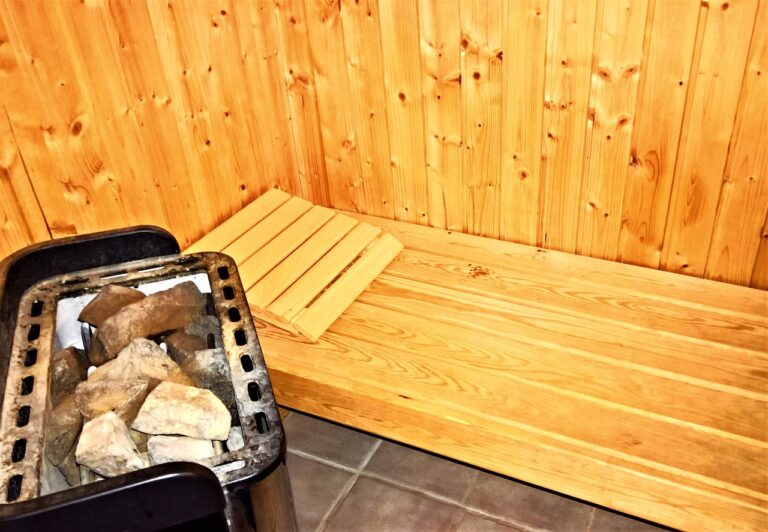Do Saunas Help With Weight Loss? Let’s Look at the Science
Weight loss is a goal for many individuals, and they often explore various methods to achieve it. Saunas have gained attention as a potential tool for weight loss, with claims of burning calories and shedding excess pounds. In this article, we will explore the relationship between saunas and losing weight, examining the effects of saunas on the body and their role in a comprehensive health plan.
Understanding Sauna Effects on Weight Loss
Saunas work by exposing the body to high temperatures, typically ranging from 150°F to 195°F (65°C to 90°C) for traditional, and much lower for infrared. The heat causes an increase in body temperature, which leads to perspiration and sweating. While saunas can create the illusion of weight loss due to water loss through sweating, it is important to understand that this weight loss is temporary and primarily associated with fluid depletion, not fat loss.
Water Weight Loss
When you sweat in a sauna, you lose water from your body in the form of sweat. This water loss can lead to a temporary decrease in body weight. However, it is crucial to recognize that this weight loss is merely a result of fluid loss and not an indicator of fat loss. As soon as you rehydrate by drinking fluids, your body weight will return to its previous level.
Calorie Burn
While saunas do elevate heart rate and may increase metabolic activity, the calorie burn during a sauna session is relatively modest. The rise in heart rate is primarily due to the body’s effort to cool itself down, rather than a significant increase in energy expenditure. According to research, a 30-minute sauna session may burn around 100-150 calories, which is significantly lower compared to other forms of exercise.
Important Health Considerations
- Hydration: Sauna sessions result in significant sweating, leading to fluid loss. It is essential to stay well-hydrated before, during, and after a sauna session to prevent dehydration. Replenishing lost fluids is crucial for maintaining overall health.
- Safety and Health Conditions: Saunas are generally safe for most individuals. However, certain health conditions, such as heart problems, low blood pressure, and pregnancy, may require precautions or medical guidance before using a sauna. Consult with a healthcare professional if you have any concerns or pre-existing conditions.
- Complementary Role in Weight Loss: While saunas alone may not be an effective weight loss strategy, they can complement a comprehensive weight loss plan. Incorporating regular exercise, adopting a healthy and balanced diet, and maintaining an active lifestyle are key components for sustainable weight loss.
- Muscle Recovery and Relaxation: Saunas offer benefits beyond weight loss. They can aid in muscle recovery, reduce stress levels, promote relaxation, and improve overall well-being. These factors indirectly contribute to maintaining a healthy lifestyle and supporting weight management efforts.
Conclusion
While saunas can provide temporary weight loss through water loss, they should not be solely relied upon as a primary method for sustainable weight loss. The calorie burn during a sauna session is relatively low, and any weight loss experienced is quickly regained through rehydration. Saunas can be a part of a comprehensive weight loss plan when combined with regular exercise, a healthy diet, and an active lifestyle.
If weight loss is your goal, it is essential to focus on sustainable strategies that involve creating a calorie deficit through a combination of a balanced diet and regular physical activity. Remember to consult with a healthcare professional or a certified fitness expert who can provide personalized advice tailored to your specific needs and goals.
The health benefits and scientific facts for this article were gathered from a study done by Harvard University.







